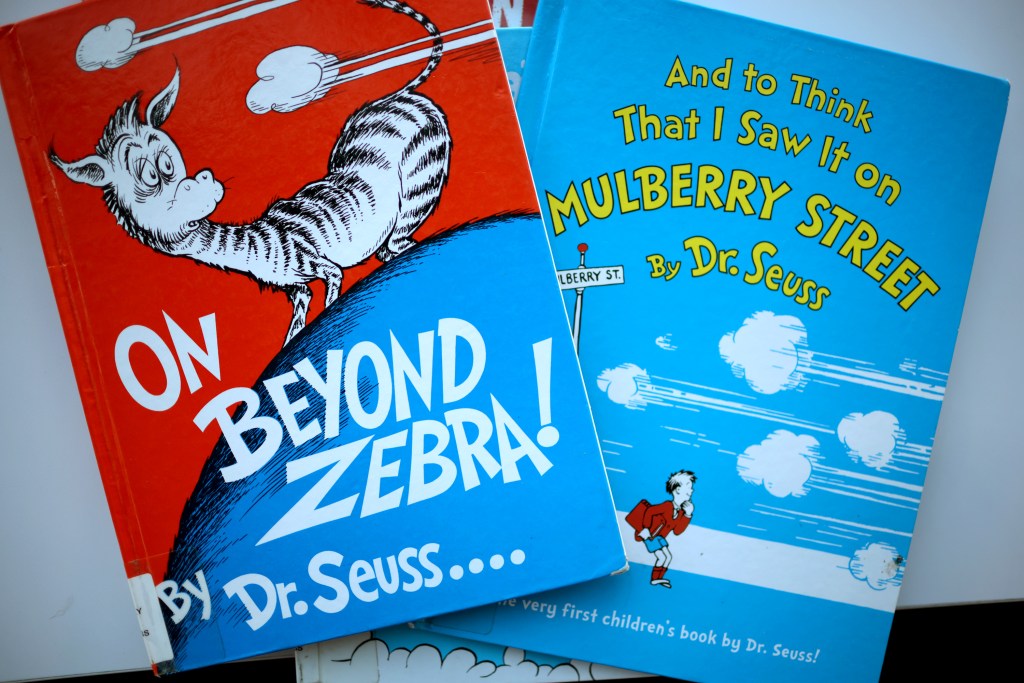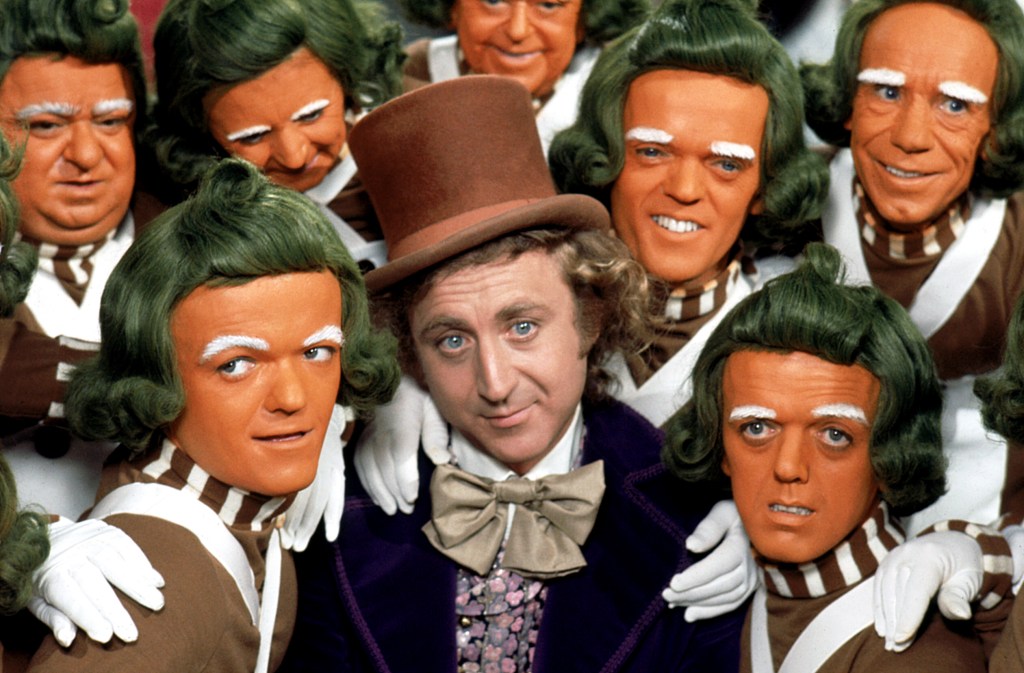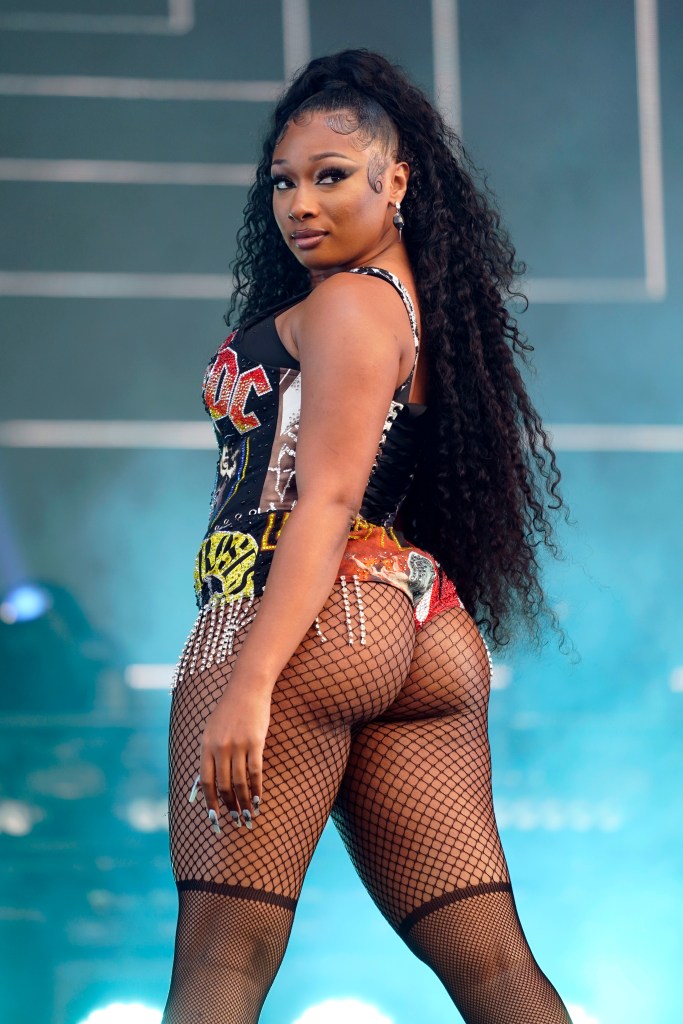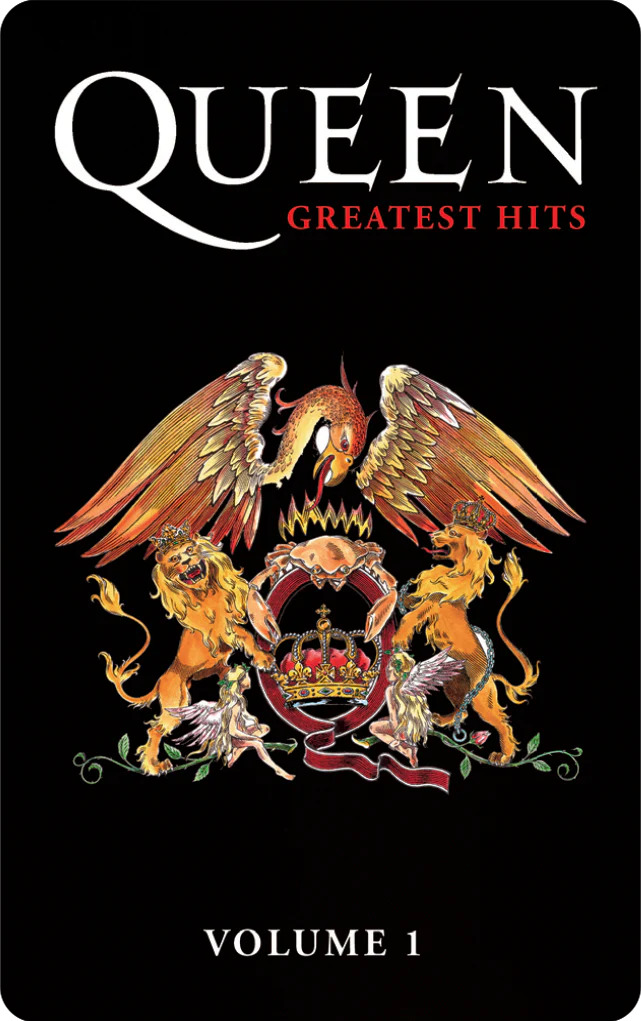Don’t stop ‘Fat Bottomed Girls’ from making the rocking world go round
Fat bottomed girls are apparently no longer allowed to make the rocking world go round.
That is, at least according to streaming service Yoto, which recently re-released Queen’s “Greatest Hits” album with track five — the iconic “Fat Bottomed Girls” — glaringly omitted.
This callipygian ode — what today would be considered a body positivity anthem — comes nowhere near the threshold of offensive or obscene.
Yet the “Fat Bottomed Girls” debacle is just the latest instance of classics being censored to appease modern sensitivities. In fact, classic music and classic books alike have been retroactively sanitized in recent years to “protect” kids.
Dr. Seuss’ estate went as far as to yank six titles — including “And to Think That I Saw It on Mulberry Street” and “On Beyond Zebra!” — from print in 2021, citing supposedly offensive content in the picture books.
And, over the decades, Richard Scarry’s classic children’s books have been retroactively tinkered with time and again by sensitivity readers. Editors sought to counteract gender stereotypes … by making a policeman bear a policewoman bear, and swapping out an illustration of a mom cat pushing a stroller for a dad cat.
Not even “Charlie and the Chocolate Factory” is safe. In a new version released by Penguin Publishers, Roald Dahl’s classic calls Augustus Gloop “enormous” rather than “fat” and features gender-neutral Oompa Loompas.


But, in a classic example of censorship backfiring, original editions of Dahl’s book started selling for thousands on eBay following the news, and Dr. Suess’ blacklisted titles shot to the top of the Amazon charts.
Perhaps “Fat Bottomed Girls” will see a resurgence, too.
The whole Queen ordeal is pretty laughable considering most of the songs that top the charts today make “Fat Bottomed Girls” sound as innocuous as “Row, Row, Row Your Boat.”
As someone who was brought up in the era of YouTube and music streaming, I know firsthand that just about any music you could possibly imagine is available at your fingertips as a kid — whether the censors like it or not.

Take, for instance, Megan Thee Stallion’s 2022 smash hit “Plan B,” the first verse of which declares, “Dear f–k n—a, still can’t believe I used to f–k with you, popping Plan B’s because I ain’t planned to be stuck with you.”
Or who could forget Cardi B’s 2020 smash hit “WAP” — short for … uh, look it up. Some choice lyrics: “pay my tuition just to kiss me on this …”
Considering how much they twerk, it’s doubtful Cardi B or Megan Thee Stallion would be offended by “Fat Bottomed Girls” — they’d take it as a compliment.

The “Greatest Hits” album’s listing on Yoto comes with a parental discretion warning about references to drugs, violence and adult themes … and yet still goes on to censor one of the band’s most iconic tunes.
But, while “Fat Bottomed Girls” got axed, 16 Queen tracks did make the cut — including “Good Old Fashioned Lover Boy,” in which a dinner date is propositioned, and “Bicycle Race,” which includes a reference to the forbidden fat bottomed girls.
Given the music they grew up on, it’s difficult to imagine any kid today even flinching at a Queen classic.

Anyone trying to kid-proof the world will find themselves in a constant game of Whac-a-Mole.
It’s time for the censors to cool it — and let parents decide what’s suitable for their children, especially when it comes to cultural classics.
It’s great that Yoto wants to help kids explore old-school rock. But if getting the next generation to engage with classics is the goal, they should be presented in their original form, not some sanitized version.
Despite our best efforts to childproof the world, kids growing up with iPads in their grubby hands are inevitably going to come across “offensive” content.
We need to teach kids how to deal with that reality — and to quit this misguided crusade to rewrite the past to protect them from it.
Read the full article Here


